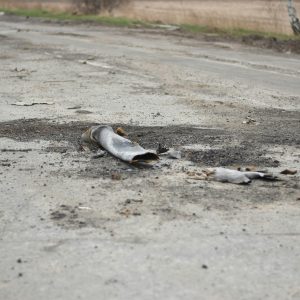Random acts of kindness help reduce depression and anxiety
-Published in Journal of Positive Psychology, study found that random acts of kindness group had a much stronger impact on positive perceptions and emotions.
DAVIS, California – A new study has found that random acts of kindness are more effective at reducing symptoms of depression than purposeful planning of activities designed to bring joy.
The study published in the Journal of Positive Psychology mentioned that random acts of kindness had a much stronger impact on positive perceptions and emotions.
Researchers David R. Cregg and Jennifer S. Cheavens found that kindness promotes social connection, a construct that is a key predictor of both well-being and recovery from anxiety and depressive disorders.
They tested three methods of cognitive behavioral therapy (CBT) on people with depression and anxiety: random acts of kindness, planning activities that are fun, and cognitive reappraisal.
Participants recorded a variety of feelings measured before the study, during the study, and five weeks after it ended.
The group with the thought recordings or cognitive reappraisal had the opposite effect, which was negative at the beginning but became stronger over time.
The researchers said the acts of kindness are a particularly important finding because they require a connection to other people.
Social isolation is a high-risk factor for survival, as is smoking 15 cigarettes a day.
The researchers concluded that random acts of kindness may be an effective therapeutic strategy for reducing symptoms of depression and anxiety.
They found that kindness is hard-wired into our brains and makes us feel good.
“This study provides some of the first evidence of a mechanism of change for acts of kindness: public self-absorption. Collectively, the results of this study highlight the clinical potential of acts of kindness, and future research will confirm whether acts of kindness should be incorporated in the canon of evidence-based clinical techniques,” the researchers concluded.










